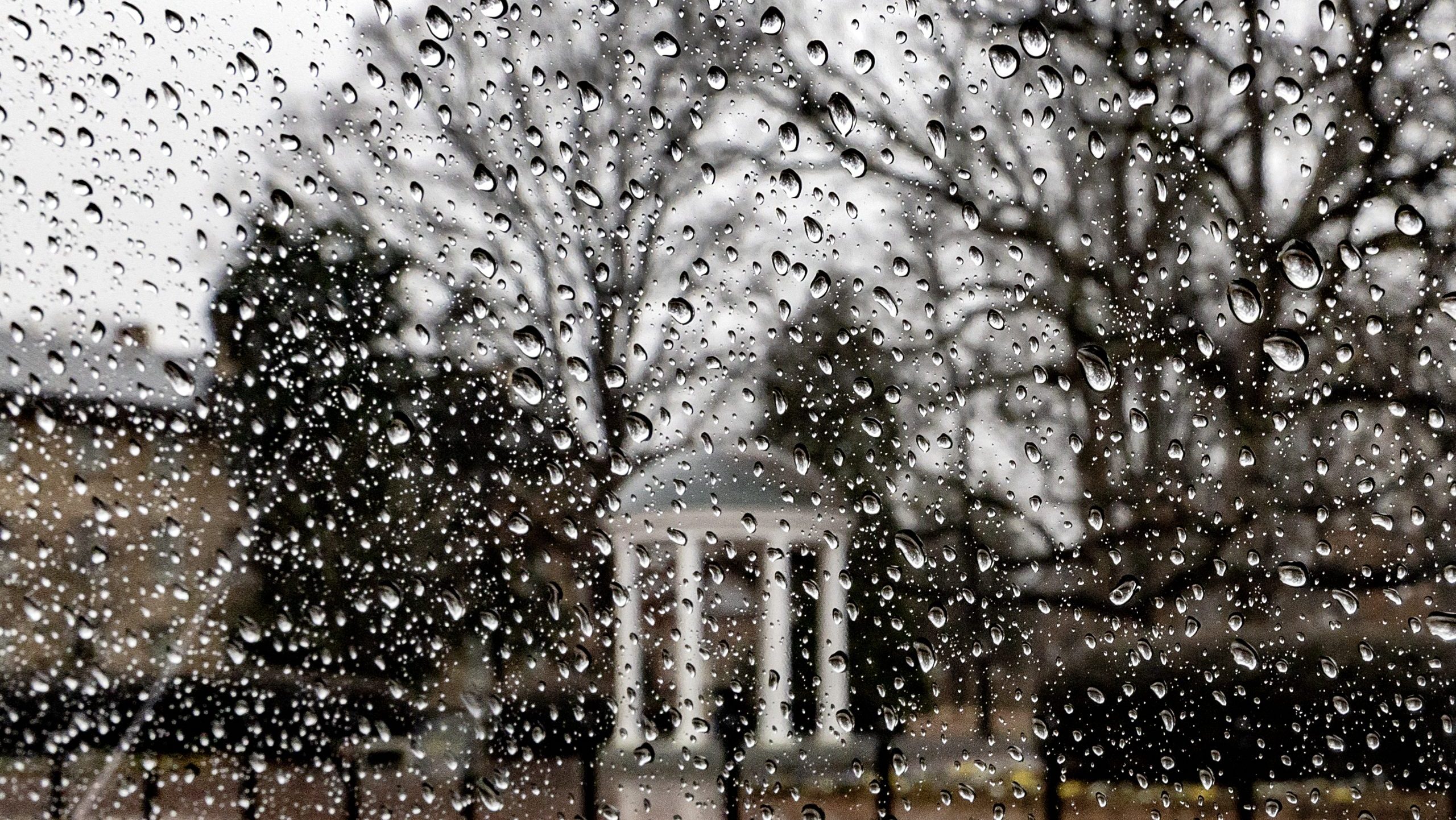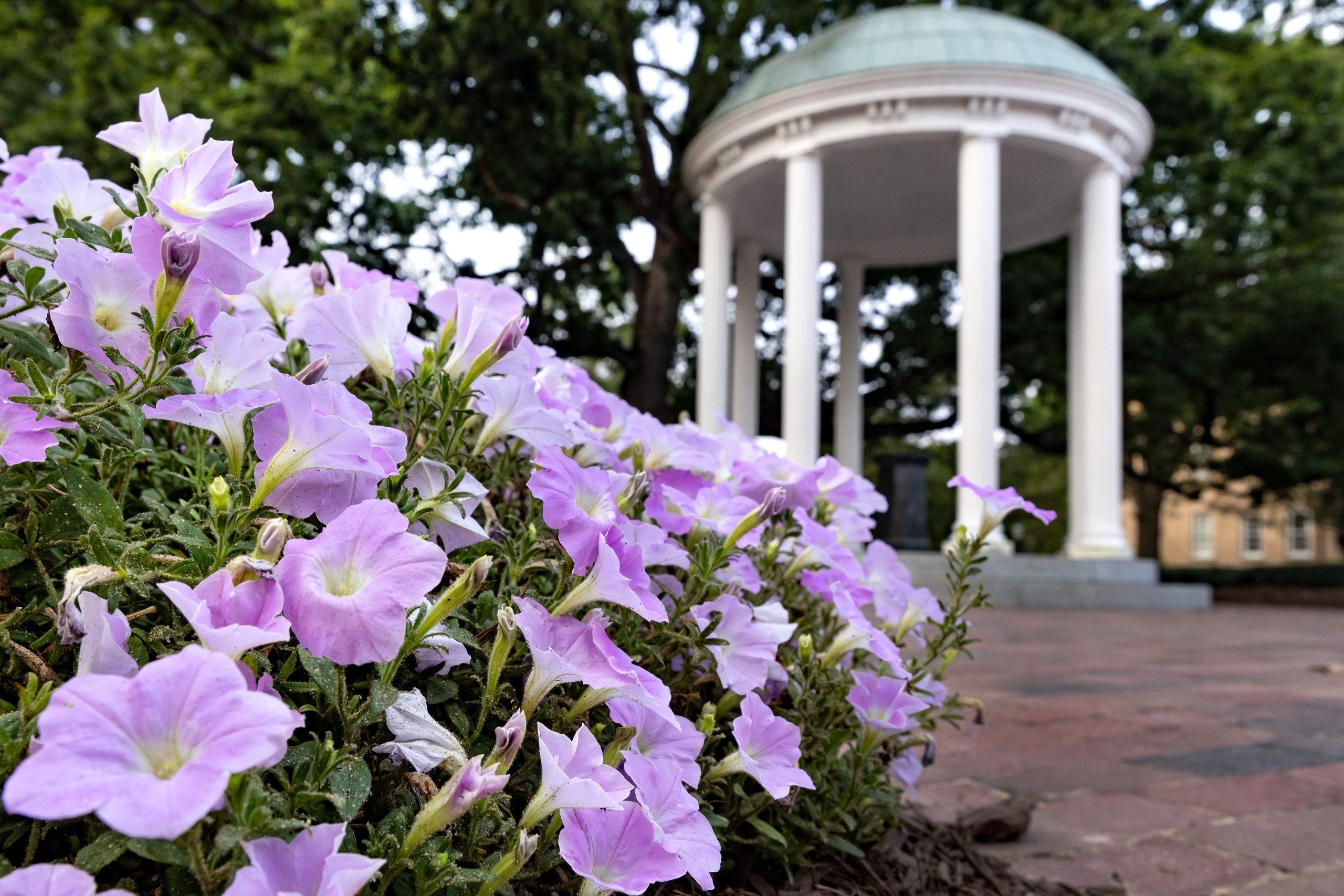STAT Madness is on, and Carolina is a contender
Discoveries by the University of North Carolina at Chapel Hill were selected for the bracket-style tournament for the best in science; voting is open now

(CHAPEL HILL, N.C.) It’s tournament time at Carolina, a campus with legendary status as a contender in March Madness.
But this time it’s Carolina scientists who are matched in a bracket-style tournament to pick the best in science and medicine. Known as STAT Madness, the competition features two “teams” from the University of North Carolina at Chapel Hill vying for the popular vote against teams from other leading U.S. research universities.
The field of 64 teams is dominated by new discoveries in COVID-19 research. Among them is a team of Gillings School of Global Public Health and UNC School of Medicine experts who helped develop molnupiravir, a pill to treat COVID-19 that’s available for high-risk patients.
But it’s anyone’s game and a Carolina team that created a 3D-printed vaccine patch is also a finalist. The technology by pharmacy and biology experts opens the door for rapid global development of vaccination with a “Band-Aid”-style patch; no shot needed.
Voting is open now to help researchers gain national recognition for their work and advance to the next round. Participants can vote multiple times a day.
At-home treatment for COVID-19
Unlike other treatments for COVID-19 that must be administered in a hospital, the University of North Carolina at Chapel Hill investigated oral antivirals that could be taken at home.
A combination of laboratory work and a phase 2 clinical trial at UNC-Chapel Hill contributed to the development of Merck’s COVID-19 pill, which the U.S. Food and Drug Administration approved last year for emergency use in adults.
When taken at the first sign of symptoms, the pill helps clear the coronavirus, and reduces hospitalization and death from COVID-19.
From the early days of the pandemic, Gillings scientists Ralph S. Baric and Timothy P. Sheahan investigated an oral antiviral to treat SARS-CoV-2, the virus that causes COVID-19, work that was advanced during lab research by J. Victor Garcia-Martinez and Angela Wahl at the School of Medicine and Gillings virologist Lisa Gralinski.
UNC’s impact on the development of molnupiravir was bolstered by a successful clinical trial led by UNC Health critical care physician William B. Fisher.
Vaccination without a shot
It’s less pain and more gain with a 3D-printed vaccine patch that delivers vaccination without a shot. Each patch is the size of a fingernail and contains 100 microneedles.
Through 3D printing, the microneedles can be easily customized to develop various vaccine patches for flu, measles, hepatitis, or COVID-19.
Researchers found that the patch drew a stronger immune response than a conventional shot, despite carrying a much smaller vaccine dose. The 3D-printed patch sets the foundation for vaccination that can be transported without special handing and self-administered.
Emeritus Carolina professor Joe DeSimone, a 3D printing entrepreneur and chemical engineering professor at Stanford University, developed the 3D printing fabrication with Shaomin Tian, a microbiologist at the UNC School of Medicine, Jillian Perry at the UNC Eshelman School of Pharmacy and Stanford engineers.
Voting on www.statnews.com will continue through six single-elimination rounds before the winner of the popular vote is announced on April 4.


